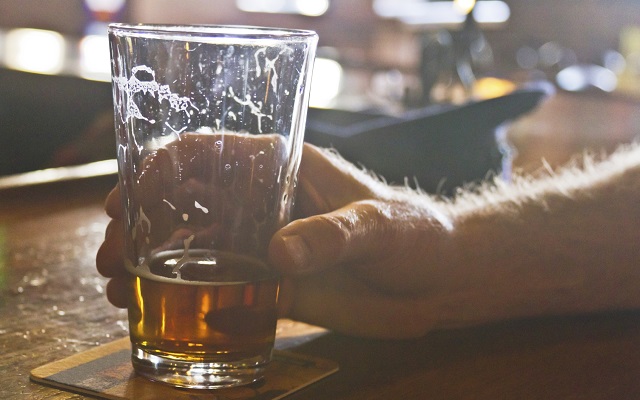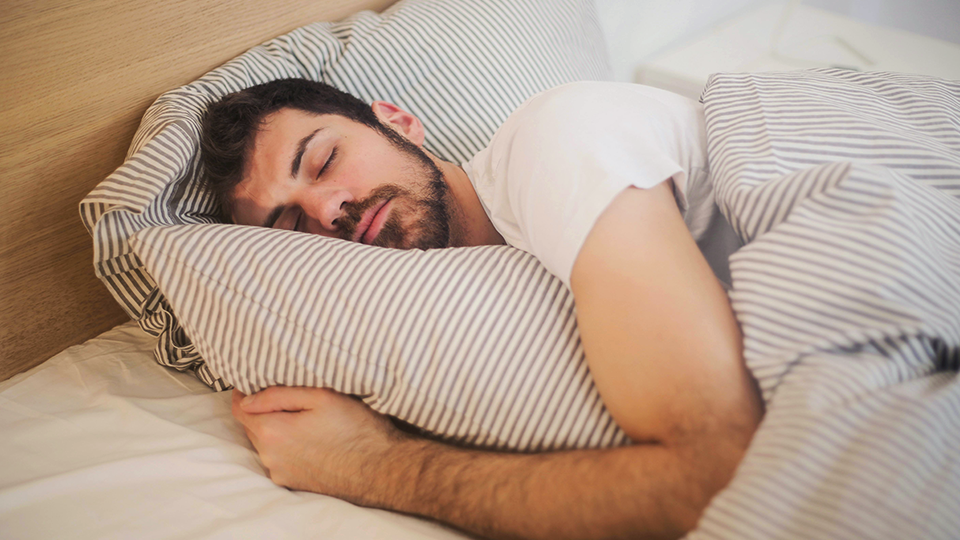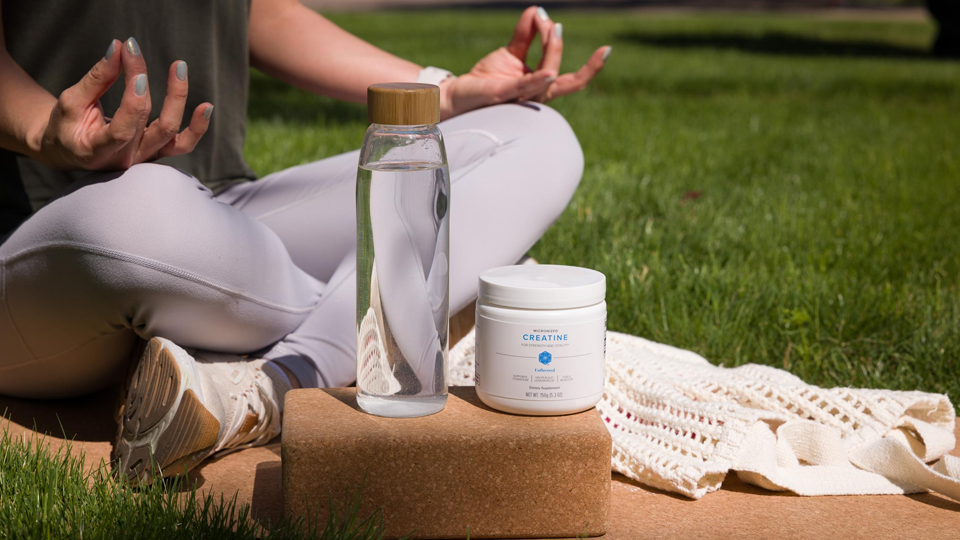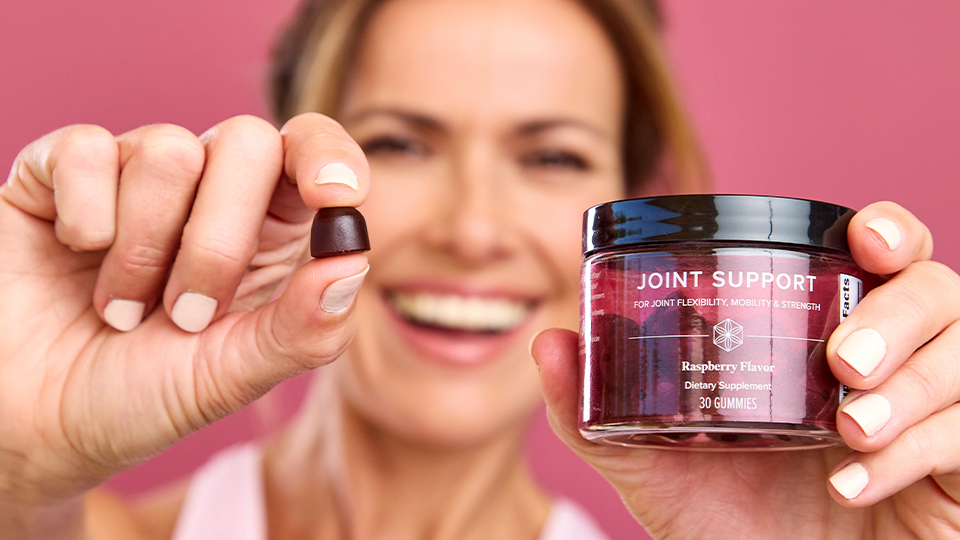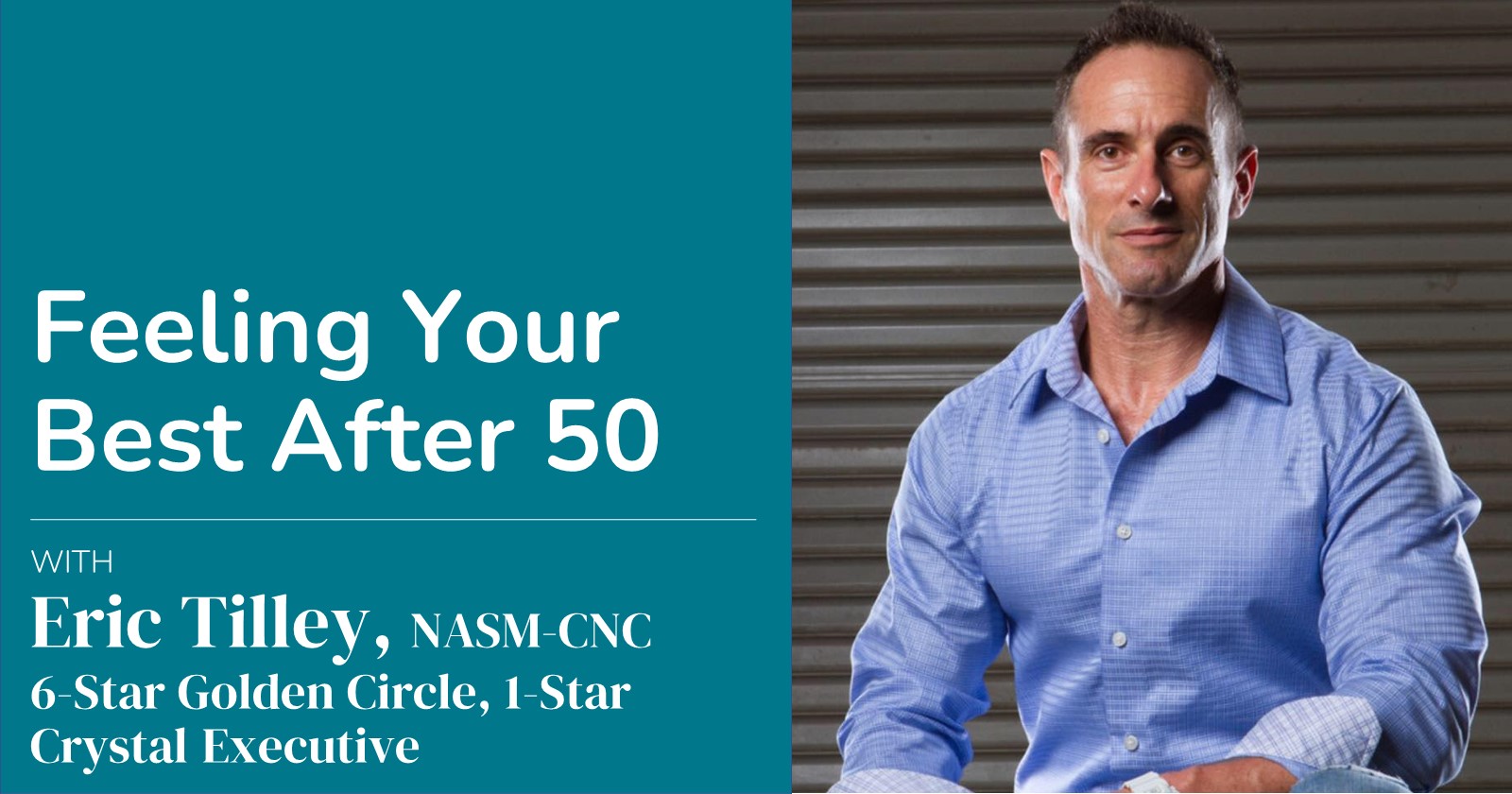There’s no question about it. Alcohol and athletics don’t mix if you want optimal recovery, which is critical to reaching your performance and fitness goals.
Unfortunately, too many sports have created an entire culture based around drinking for fans and athletes alike. In fact, binge drinking is so prevalent in sports that studies suggest that athletes are more likely than the general population to drink in excess (1, 2).
Alcohol consumption can directly affect the processes of recovery in the hours after exercise. Plus, indirectly, it can alter your eating and resting patterns for even longer.
Recovery Interrupted
Remember that the process of athletic recovery starts immediately after intense exercise. Those initial hours after exercise are a critical time that can affect how long it takes to recover overall and any longer-term performance adaptations.
Feeding the body the right nutrients at the right time helps to restore fuel supplies, promote hydration, and enhance muscle building (3). The actual process of building muscle (muscle protein synthesis) is largely responsible for repair and adaptation after exercise (4). It’s why consuming high-quality protein soon after exercise and every three to four hours afterward is shown to maximize the anabolic response in skeletal muscle (5).
When you consume alcohol, you interrupt the process, limiting your capacity for muscle rebuilding and increasing the time it takes you to recover. Alcohol can also affect muscle fuel supplies, increase your risk for injury, and affect your sleep, which is essential for recovery. Here’s what the scientific literature has found happens when you have too much to drink:
- You reduce fuel supplies. Fuel supplies are affected because alcohol decreases the re-synthesis of muscle glycogen. These stored carbohydrates in muscle act as one of your main types of fuel during training (6). Athletes who drink also often don’t get enough carbohydrates to meet recommendations for optimal recovery (6).
- You increase risk of injury. A hangover the next day can ruin performance, but research shows that drinking roughly as little as four beers the night before training can also increase your risk of injury (7).
- You lose valuable sleep. A night of heavy drinking can reduce sleep by one to three hours and is associated with a reduction in less power output the morning after (8). The lack of sleep can delay full recovery for as much as two days.
- You impair your anabolic response. The effect of alcohol on protein synthesis is perhaps the most concerning for athletes. Alcohol itself suppresses the anabolic response in muscle and can significantly impair recovery and adaptation to training (9).
Ultimately, all of these effects together can make training useless if alcohol is used too frequently. So while you may enjoy a few drinks here and there, keep in mind that alcohol can be detrimental to performance, and should be limited if used at all.
References
- Marzell M, Morrison C, Mair C, Moynihan S & Gruenewald PJ. Examining drinking patterns and high-risk drinking environments among college athletes at different competition levels. J Drug Educ. 2015; 45(1):5-16.
- Martens MP, Dams-O’Connor K & Beck NC. A systematic review of college student-athlete drinking: prevalence rates, sport-related factors, and interventions. J Subst Abuse Treat. 2006 Oct; 31(3):305-16.
- American College of Sports Medicine, & American Dietetic Association. Joint Position Statement: nutrition and athletic performance. American College of Sports Medicine, American Dietetic Association, and Dietitians of Canada. Med Sci Sports Exerc. 2000 Dec; 32(12):2130-45.
- Hawley JA, Burke LM, Phillips SM & Spriet LL. Nutritional modulation of training-induced skeletal muscle adaptations. J Appl Physiol. 2011 Mar; 110(3):834-45.
- Phillips SM & Van Loon LJ. Dietary protein for athletes: from requirements to optimum adaptation. J Sports Sci. 2011; 29 Suppl 1:S29-38.
- Burke LM, Collier GR, Broad EM, Davis PG, Martin DT, Sanigorski AJ & Hargreaves M. Effect of alcohol intake on muscle glycogen storage after prolonged exercise. J Appl Physiol (1985). 2003 Sep; 95(3):983-90.
- Murphy AP, Snape AE, Minett GM, Skein M & Duffield R. The effect of post-match alcohol ingestion on recovery from competitive rugby league matches. J Strength Cond Res. 2013 May; 27(5):1304-12.
- Prentice C, Stannard SR & Barnes MJ. Effects of heavy episodic drinking on physical performance in club level rugby union players. J Sci Med Sport. 2015 May; 18(3):268-71.
- Parr EB, Camera DM, Areta JL, Burke LM, Phillips SM, Hawley JA & Coffey VG. Alcohol ingestion impairs maximal post-exercise rates of myofibrillar protein synthesis following a single bout of concurrent training. PLoS One. 2014 Feb 12; 9(2):e88384.

